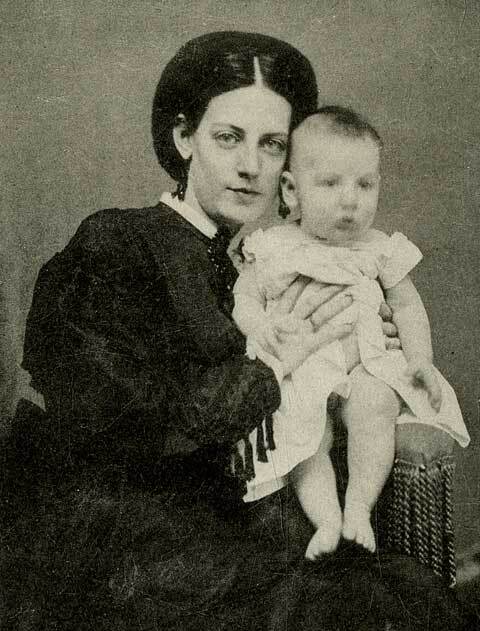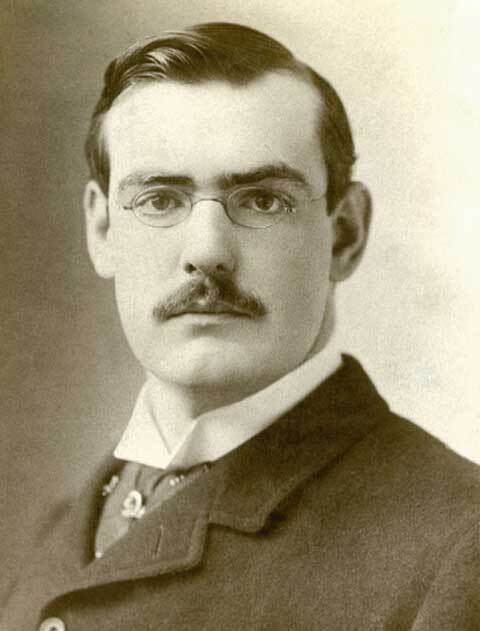Archer Milton Huntington
Early Years
Much about the circumstances of Archer Milton Worsham Huntington’s birth and early life are shrouded in mystery. He was born March 10th, 1870, probably in New York City – no birth certificate exists. While the identity of his biological father remains a matter of historical debate, it is known that his mother was Arabella Duval Yarrington Worsham Huntington. Archer was adopted by Collis P. Huntington, railroad magnate and industrialist, shortly after his marriage to Arabella in 1884 when Archer was about fourteen years old.
Texas Connections
Archer had roots in Texas and spent a lot of time in Central Texas between the ages of 6 and 15. While is mother remained in New York, Archer lived on a ranch just outside of San Marcos with his grandmother, Catherine J. Yarrington. The ranch home was built in in 1901 near what is now I-35 and Yarrington Road.
When Arabella died in 1925 her will provided generous bequests for her Yarrington relations. The San Marcos Record carried front page news of the estate, announcing amounts of more than half a million dollars left to her siblings who lived in Kyle — the Richard M. Yarrington and Emma Yarrington Warnkin families.
Several members of the Yarrington family attended the school that we know today as Texas State University in the first half of the 20th century. Their experiences as students and their community involvement in and around San Marcos led to a deep affection for the school over many years. It was the Yarringtons’ affection and devotion to their alma mater which, ultimately, led to Archer and Anna Huntington’s donation of the Fighting Stallions in 1951.
The Hispanic Society of America
In addition to his philanthropic works, Archer Huntington was also a poet and scholar. His area of study was Spain and he traveled extensively and collected art and books from throughout the Hispanic world.
He founded The Hispanic Society of America in New York City in 1904. The organization consists of a museum and reference library for the study of the arts and cultures of Spain and Portugal and their former colonies in Latin America, the Philippines and Portuguese India. The collections are based on Archer’s extensive travels throughout that region and are unrivaled outside of Spain. His translation of the epic poem “El Cid”, published by the Hispanic Society in 1897, was evidence of his scholarly dedication to his subject.


